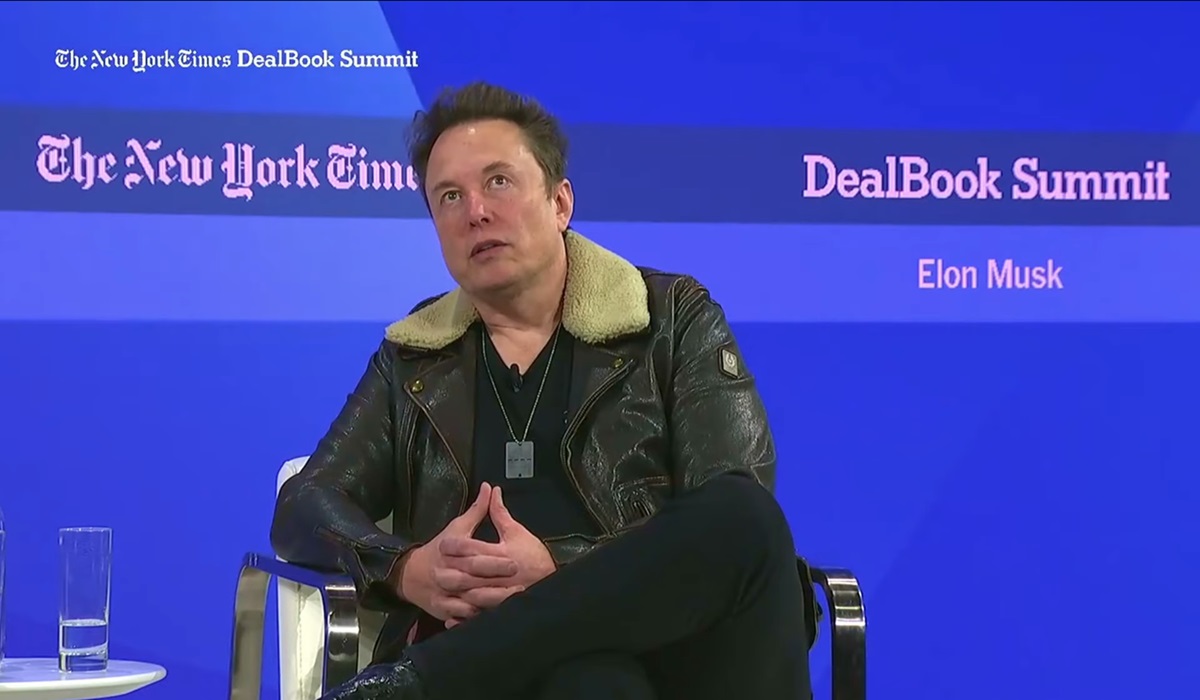In a candid interview hosted yesterday by The New York Times, Elon Musk, the outspoken billionaire entrepreneur, addressed a myriad of topics that ignited a social media storm. The conversation veered towards a controversial tweet of his, perceived by some as anti-Semitic, leading to a heated discussion about the exodus of advertisers from his platform. Musk’s response, laced with profanity, has fueled debates about the intersection of free speech, corporate influence, and the future of social media.
When confronted about the advertisers’ departure and the potential financial impact on X, Musk’s response was unapologetic and defiant. He declared, “If somebody’s gonna try to blackmail me with advertising, blackmail me with money, go f**k yourself, But go f**k yourself. Is that clear? I hope it is.” This statement sent shockwaves across the digital landscape, with many interpreting it as Musk’s refusal to be held hostage by advertisers.
The interview quickly became the epicenter of online discussions, dominating X trends for the better part of the day. The focal point was Musk’s unfiltered response to the host’s question about the mass departure of advertisers following a controversial tweet he posted. Musk, acknowledging the gravity of his words, admitted that it was one of the “dumbest tweets” he had ever made, emphasizing the need to learn from mistakes.
Advertisers reacted swiftly, leading to what is now being referred to as the “mass exodus” from X. Musk’s apology, while sincere, did not prevent the backlash from escalating. The incident sheds light on the challenges of managing a social media platform with global reach, where words can have far-reaching consequences.
Musk, who recently purchased X for a staggering $44 billion, envisions it as more than just a microblogging site. He sees X evolving into an all-encompassing app, akin to WeChat, where users can conduct financial transactions, order food, and more. Despite acknowledging that he overpaid for the social media, Musk remains resolute in his vision to turn X into the world’s largest bank.
Musk’s bold statement about not succumbing to advertiser pressure raises questions about the dynamics between big corporations and privately held companies. While some view the advertiser exodus as a temporary move driven by public relations concerns, Musk remains steadfast, underscoring that he won’t be blackmailed by money.
Musk’s assertion gains weight when considering that the most significant advertisers on X are often political entities. With the 2024 presidential election looming, politicians and elected officials heavily rely on the platform to disseminate their messages. Despite the temporary withdrawal of advertisers, there is a consensus that, as the dust settles, X will remain a crucial space for political discourse.
Musk’s interview with The New York Times has ignited a fierce debate about the relationship between social media, money, and free expression. The controversy surrounding Musk’s tweet and his response to advertiser departures underscore the challenges faced by X with immense global influence. As X continues to evolve under Musk’s leadership, the world watches with anticipation, wondering whether this unfiltered approach will redefine the future of social media or lead to unforeseen consequences.









